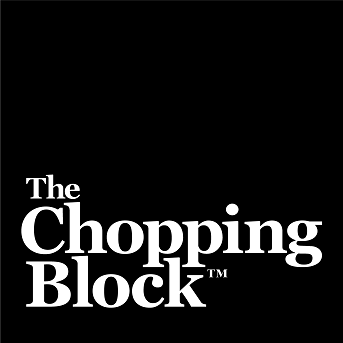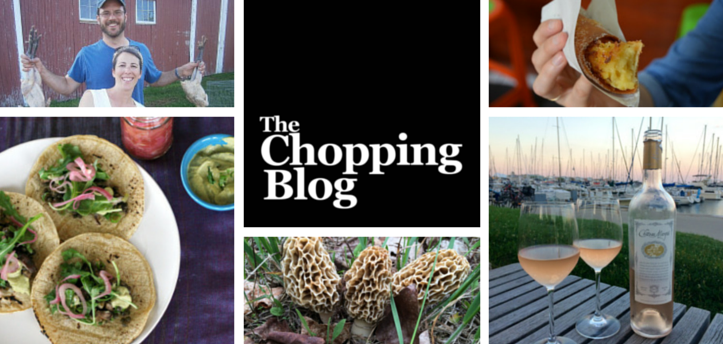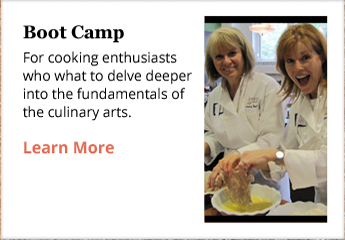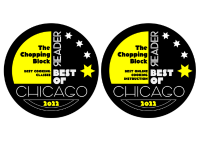How does that Cole Porter song go? "Bees do it"? I don't think Porter meant "fall in love"; I think he meant make honey. Put on your beekeeping outfits, because not only are we going to explore some ways to keep bees (nature says thank you); but we're going to explore some common honey... rumors.
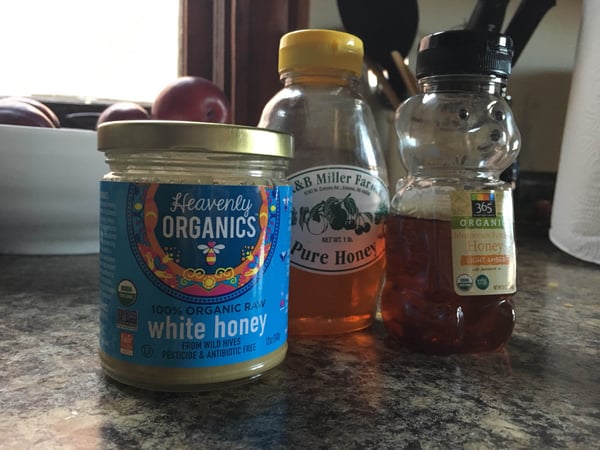
Honey Rumor #1:
Opaque honey is better, and more pure.
The Bees Say: Kinda yeah!
Honey can vary in viscosity due to different balances of fructose and glucose, but raw honey will, as a general rule not look liquid (at least not by the time you're purchasing it at the store). All honey is actually liquid when harvested (bees keep their hives at an internal temp of 90 F!) but becomes cloudy when it starts to crystallize or 'set'. Clear honeys have been heated above hive temperature (think raw food diet) and thus their crystallization process is delayed. Both honeys contain similar nutritional content, but some of the more delicate micronutrients may not survive the heating process.
Honey Rumor #2:
When we harvest honey, we are stealing from the bees and they don't have enough to eat.
The Bees Say: Not so much (then again, depends on who you ask)
An ethical beekeeper (and one who wants to keep producing honey!) will keep his bees well fed. A strong hive will overproduce their honey to make it through the winter when pollen isn't available, sometimes making 2 or 3 times as much as they need. Beekeepers will simply collect the extra.
Honey Rumor #3:
Eating honeycomb is good for you.
The Bees Say: You betcha!
According to a 2013 study, eating the luscious lattice that supports honey production is great for your liver, and helped people with fatty liver improve their symptoms. Because the bees have to work for so long to produce honeycomb, honey with real pieces of honeycomb in it are usually much more expensive.
Honey Rumor #4:
Local honey can combat seasonal allergies.
The Bees Say: Maybe....?
The theory is that by ingesting a super dose of local pollen, you will eventually become more tolerant of it, the same way an allergy shot works. Although scientists haven't found much hard evidence to support this claim, a spoonful of local honey is delicious, and if nothing else, is a fascinating way to gain an appreciation for the flavor profile of neighborhood plants and crops.
There's so much to know about bees! Like that they are responsible for 30% of the world's crops. These guys are heroes! If you are going to buy bee products, it does help to support local and small business production. Here's why: we need bees here to help our local plants stay robust and healthy, and if we buy our honey products non-locally, it makes it harder for your local mom-n'-pop hive to compete in the marketplace. Here are some other tips for supporting our fuzzy friends. Here's even more!
If you want to learn how to cook with honey, check out The Chopping Block's Eat, Drink and Be Merry cooking class which features Honey Roasted Pears and Christmas in the Swiss Alps which has Braised Cabbage with a touch of honey on the menu.
Honey would make a great gift for the holidays for anyone who cares about bees. It's also great in this Honey Mustard Roasted Chicken recipe. If you need more thoughtful ideas for edible holiday gifts, take our Gifts from the Kitchen class where you'll learn how to make Apple-Pear Butter with Ginger-Currant Scones, Cranberry-Orange Conserve with Pumpkin Bread and Fig and Red Onion Jam with Blue Cheese-Thyme Biscuits. You'll take home a small jar of each fruit spread along with an assortment of quick breads. Perfect for holiday or host(ess) gifts!
